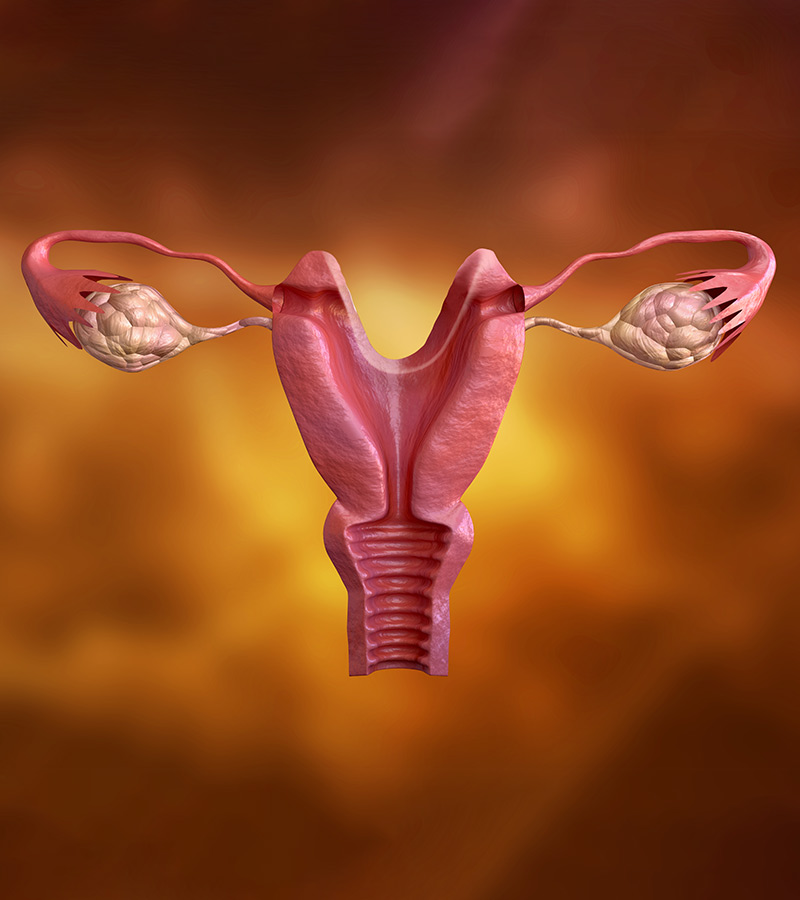A myomectomy is an operation to remove fibroids from the uterus. It is an operation that involves the removal of 1 or several uterine fibroids. In this procedure, I will aim to maintain the uterus, cervix, fallopian tubes, ovaries and vagina.
What is a fibroid?
- Fibroids are common, benign growths which form in the wall of the uterus. They are most common during your reproductive years.
- They can exist singly, but most often are multiple, and will range in size from asymptomatic to very large fibroids, which fill the whole lower and even the upper abdomen.
- However, in 50% of cases fibroids do not cause any problems.
How common are fibroids?
- They are present in around 1:4-5 Caucasian women and in 1:2 black women.
- They tend to be more common in women who are overweight and those who have no children.
- Fibroids will cause heavy menstrual bleeding and are occasionally painful, especially during pregnancy.
- Fibroids and are completely non-cancerous.
Indications for having a Myomectomy?
A Myomectomy is recommended for one or more of the following reasons:
- Heavy menstrual bleeding periods, leading to iron deficiency anaemia.
- Painful periods.
- Pressure symptoms (i.e., the enlarged uterus can put pressure on the bladder giving increased urinary symptoms e.g., frequency), and also
- Fertility (relatively uncommon cause, implicated in 3% of couples)
What are the benefits of Myomectomy?
- This operation can reduce or alleviate the symptoms described in indications.
- Myomectomy is also an alternative to hysterectomy, and is the preferred option for women that wish to preserve their fertility.
What does a Myomectomy involve?
- A Myomectomy is the surgical removal of the uterine fibroids.
- I will explain your operation and the position of your scar to you as part of the work up.
- The procedure is performed under a general anaesthetic.
- The procedure is either keyhole, or open surgery through an abdominal incision.
- You may stay in hospital for up to 48 hours after surgery.
- The incision is either pfannenstiel (across the bikini line) or keyhole.
The effects of general anaesthesia
- Most modern anaesthetics are short lasting, and my anaesthetists will use TIVA.
- You therefore should not have, or experience any after-effects from anaesthesia for more than a day after your operation.
- During the first 24 hours you may feel more sleepy than usual, and as a result your judgement could be impaired.
- If you drink any alcohol after surgery, it will affect you more than normal.
- You should have an adult with you during this time, and you should not drive or make any important decisions.





